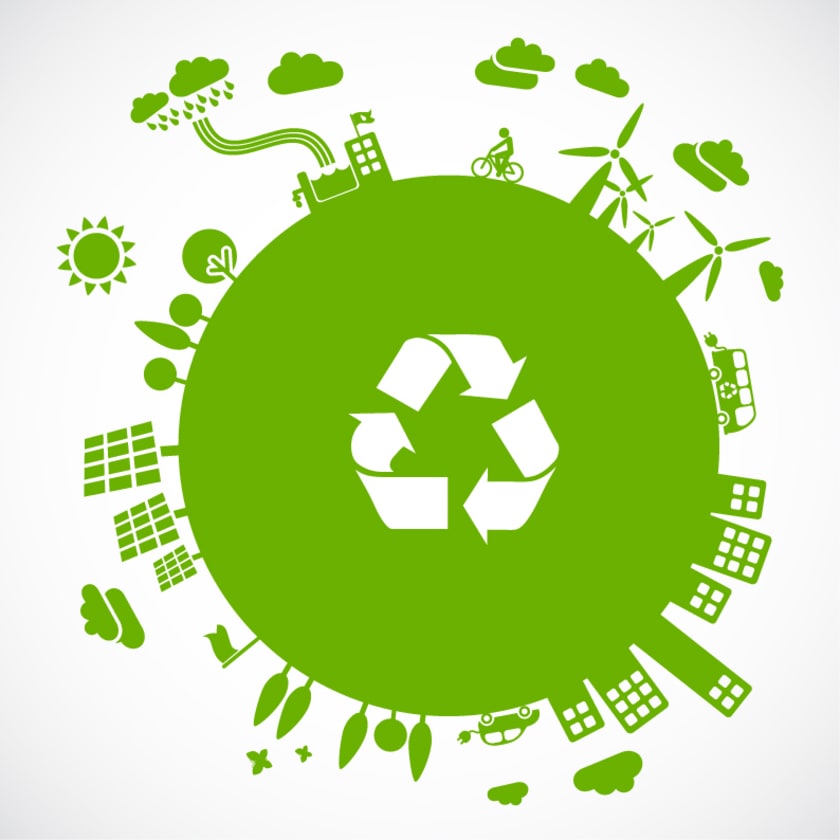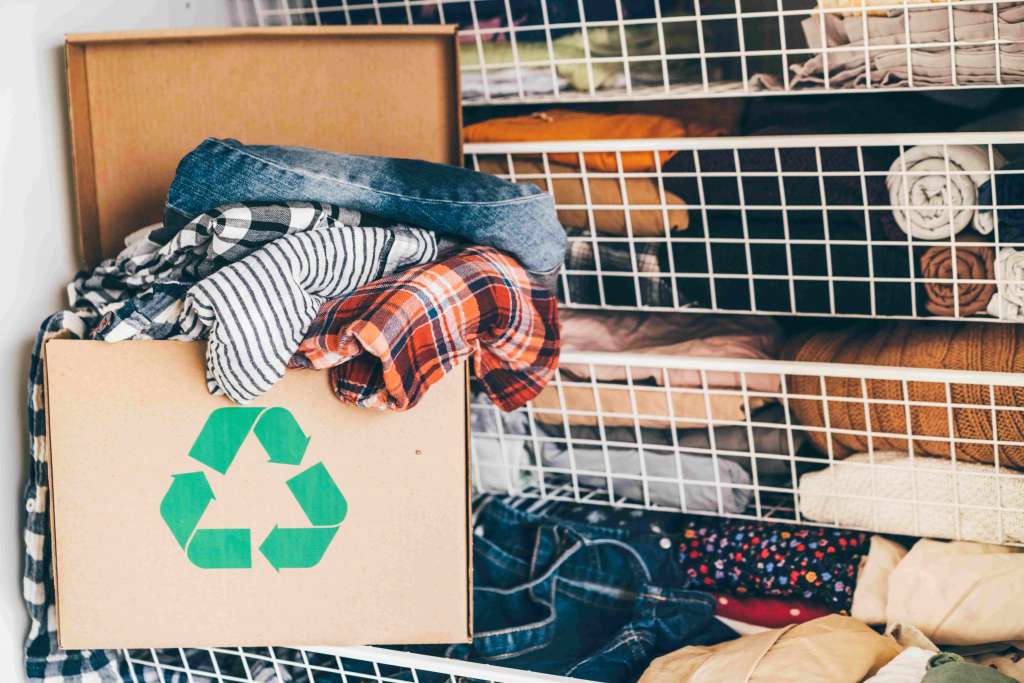Nike Just Did it Right for the Environment



Summary: Nike has always been a step ahead of its competitors in acknowledging its impact on the environment. Nike's ever-changing sustainability practices stand testament to its intent on treading as lightly on the planet through reimagination and design.
As fashion makes headway amid a global climate crisis, most fashion brands have understood the importance of sustainability going forward. Leading sportswear brand Nike has been imagining and reimagining the scope of sustainability with its products for over a decade now.
Having started with sustainability in mind, the nuances of Nike's sustainability vision have changed over time.
From simply caring about what materials to use and the power of recycling, Nike has arrived at the unique juncture of thinking about the lifespan and end game of its products. In short, durable products inspired by eco-friendly materials and methods of production have given a new lease of life to Nike's sustainability mission.
Nike's Net Zero Journey Touchpoints

Inspired by Global Fashion Agenda, Nike has created 'Circularity: Guiding the Future of Design.' This is a map of sorts to reimagine sustainability and first step starts with design.
At present, Nike has categorized its sustainable practices to revolve around the following:
- Waste avoidance
- Material choices
- Cyclability
- Disassembly
- Durability
- Refurbishment
- Green chemistry
- Versatility
- New models
- Circular packaging
Circularity is all about creating products with the end in mind. While it does not do away with the concept of recycling entirely, the focus has shifted to quality over quantity. For example, reused plastic in products may sound like a novel idea, and it is, but there are cons to it as well.
The answer lies in microplastics. No matter how much we recycle, microplastics find their way into nature. The use of recycled plastic to create polyester thread kind of ends the reusabilty-span of plastic, which in turn causes more harm to the environment.
Nike has implemented sustainable practices, observed results and renovated its processes to achieve a better outcome. The practices have constantly evolved over decades to suit the needs of the world based on science and statistical feedback.
Net Zero is a lucrative goal for Nike as they look to be the pioneers of reimagining sports and the world. Net Zero entails putting progress into perspective, a sharp focus on material and design, rethinking the supply chain to reduce carbon footprint, upcycling and team effort.

Aim to Tread Lightly on the Planet
We all speak at length about how trash can be treasured and the various ways in which recycling and reusing are beneficial. However, Nike took a step back in this department and explored the scope of refurbishment to cut the trash-treasure cycle further.
The ingenious move goes on to save time, energy and effort through trash minimization and ethical sustenance by reusing instead of remaking.
“It would be irresponsible to be working in the field of design and not be challenging myself to consider how to extend the life of what I make or the life of what already exists,” said Marie Crow, Materials Design Director Nike Women's Sportswear.
Refurbishment eases the load on landfills, furthers the cause of recycling and to top it all off, provides quality at a lower cost.
The aim is to prolong the life of a product or material through the repair of parts or material.
While Nike has been breaking the boundaries of sustainability by constantly reimagining raw materials - Nike Flyknit, Nike Flyleather, Nike Air, recycled polyester, recycled nylon and sustainable cotton - the buck does not stop there.
Statistics and numbers, coupled with science and innovation will define Nike's journey to zero carbon and zero waste. Nike has understood the importance of choosing its materials right because they account for more than 70% of its product’s carbon footprint. By recyling yarns, textiles, and plastics, Nike has significantly reduced its emissions.

Supply Chain Meets Value Chain
A vision and zeal to protect the planet is the main ingredient to usher in a sustainable future. While Nike speaks of sustainable material it has also delved deep to understand the impact of its manufacturing ways on the environment and its responsibility to the world and its customers in the long run. Nike's end-to-end approach considers the impact of carbon, energy, waste, chemistry and water across the entire product lifecycle, to make scientific choices to impact the assembly and manufacturing line worldwide.
For example, Nike Air is one of Nike's most sustainable innovations as the brand is able to reuse more than 90% of the waste from manufacturing, which in turn ensures that all Nike Air soles contain at least 50% recycled material.
Creating products from scratch requires energy and that process too is responsible for waste. So microscopic changes at the base level of production can minimize energy expenditure and cut waste. For example, Nike made single-digit centimeter adjustments across their manufacturing line to cut waste production by over 3.5 million kg.
With changes like this, Nike aims to redirect 100% of its waste from landfills to its recycled products. Eco-friendly packaging, cutting down on unnecessary transportation costs, upcycling and refurbishment will be key differentiators in Nike's sustainability endeavors.
One Man's Trash is Another Man's Treasure

Nike has allowed itself time till 2025 to achieve the goal of donating, refurbishing or recycling used products 10x more than they do today. Nike has thus eased the process for people to return their used products.
The Reuse-A-Shoe service has now been introduced in China stores over and above their USA and European counterparts. To add to the icing, customer awareness is also on the cards through upcycling workshops, repair and care videos, and more.
Nike thus aims to serve the planet with inspiration and innovation on the back of sustainability, to stay true to its three-decade-long legacy of a greener future.
Key Takeaways
- Recycling and reusing is the mantra that Nike's sustainability teams abides by.
- Nike constantly reimagines design and innovation to prolong the life of a product to cut down on waste generation
- Nike aims to do right by their Net Zero goal by 2025 by significantly cutting down on waste, emissions and carbon footprint.
Fashinza is leading the charge when it comes to building a sustainable supply chain. Partner with us to achieve a net-zero impact on the environment within the next 10 years.



















